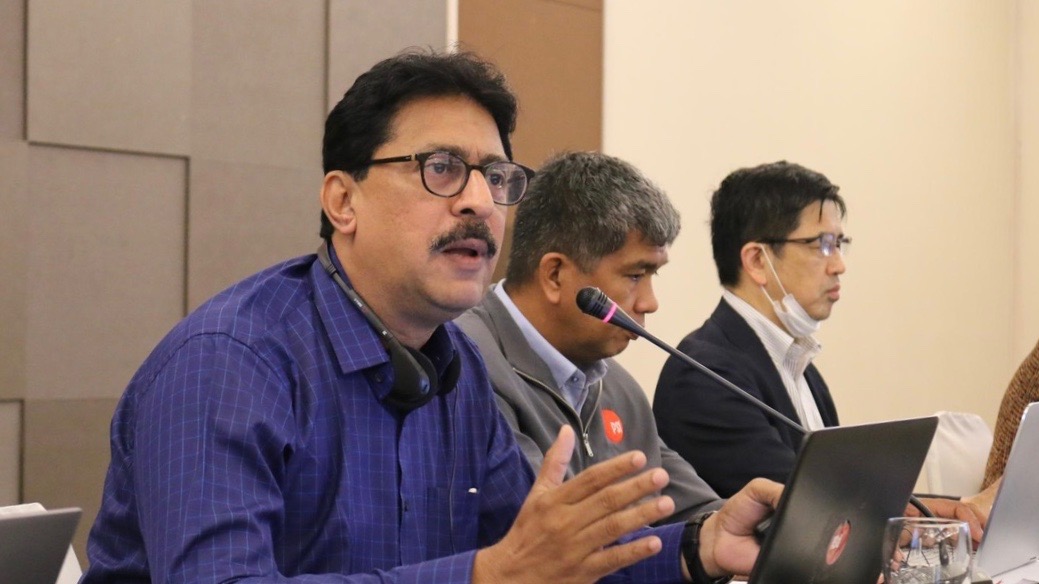On Monday, December 19, nursing unions and associations across India wrote an open letter to the Ministry of Health and Family Welfare (MoHFW) demanding active consultation in drafting the ministry’s guidelines on the working conditions of nurses across private- and public-sector establishments.
The letter (the text of which can be accessed here) was signed by 11 unions, including the United Nurses Association (UNA), the All India Government Nurses Federation (AIGNF), and the Association of Railway Nurses of India (ARNI). It notes that “the government developed this draft without any consultation with the unions and associations that represent the nursing workforce of the country,” instead regarding them as “passive participants” in the development of the draft.
11 unions representing nurses in the public & private sector across India have written an open letter to the Ministry of Health & Family Welfare (MoHFW), demanding meaningful consultation in drafting the MoHFW’s guidelines on working conditions of nurses across all establishments
— PSIasiapacific (@PSIasiapacific) December 19, 2022
The draft guidelines released by the MoHFW aim to address the conditions of work of nursing personnel across both public and private sector establishments. Some of the provisions proposed in the guidelines include creches in every healthcare institution, an annual health checkup, fixed 40-hour work weeks, compensated leave for additional hours worked during emergencies, and mandatory housing for nursing staff on campus.
The draft guidelines proposed cite the World Health Organization’s (WHO) Global Strategy on ‘Human Resources for Health: Workforce 2030’ report, which calls for upholding “the personal, employment and professional rights of the health workforce, including safe and decent working environments and freedom from all kinds of discrimination, coercion, and violence.”
While welcoming the government’s initiative to address the conditions of nurses, who have worked through the COVID-19 pandemic under difficult conditions, the unions expressed disappointment at the government’s failure to engage them as “active decision makers” while developing the draft. They suggest that the guidelines could go further in “mandating nurse-to-patient ratios, addressing the issue of increasing contractualization of nursing workforces in private hospitals, accountability measures, especially for the private sector to ensure implementation of the provisions, among other gaps.”
The unions have stated that “a policy on working conditions of nursing personnel will be crucial in setting standards for the sector and requires more extensive planning and consultation, especially with the nursing workforce who have expertise in identifying relevant concerns and ways in which they can be addressed.”
Raman Kannan, sub-regional secretary for South Asia at Public Services International, said that “nurses deserve more than applause. They deserve no less than their right to secure and safe working conditions, living wages, training and professional development. They deserve respect and to have their collective voice respected when forming policies that impact on them.”
Unions have urged the Narendra Modi-led government at the center to conduct a joint consultation with nursing unions and nursing workforce representatives to develop and finalize the guidelines.
This #InternationalNursesDay, we need not only express our gratitude but demand better working conditions and social security nets for all the medical professionals. Banging the pots and showering flowers is not enough.
𝙋𝙖𝙨𝙨 𝙞𝙩 𝙤𝙣. pic.twitter.com/TkcTGlv9RP
— NAPM India (@napmindia) May 12, 2021





